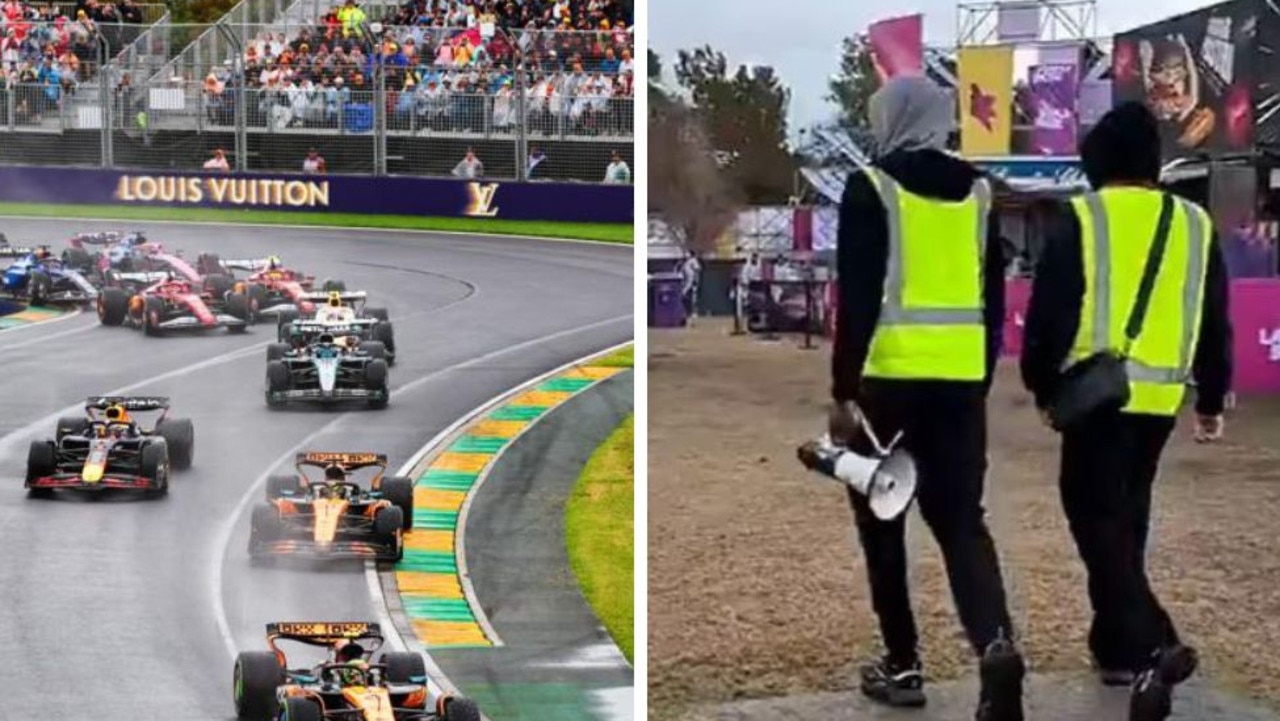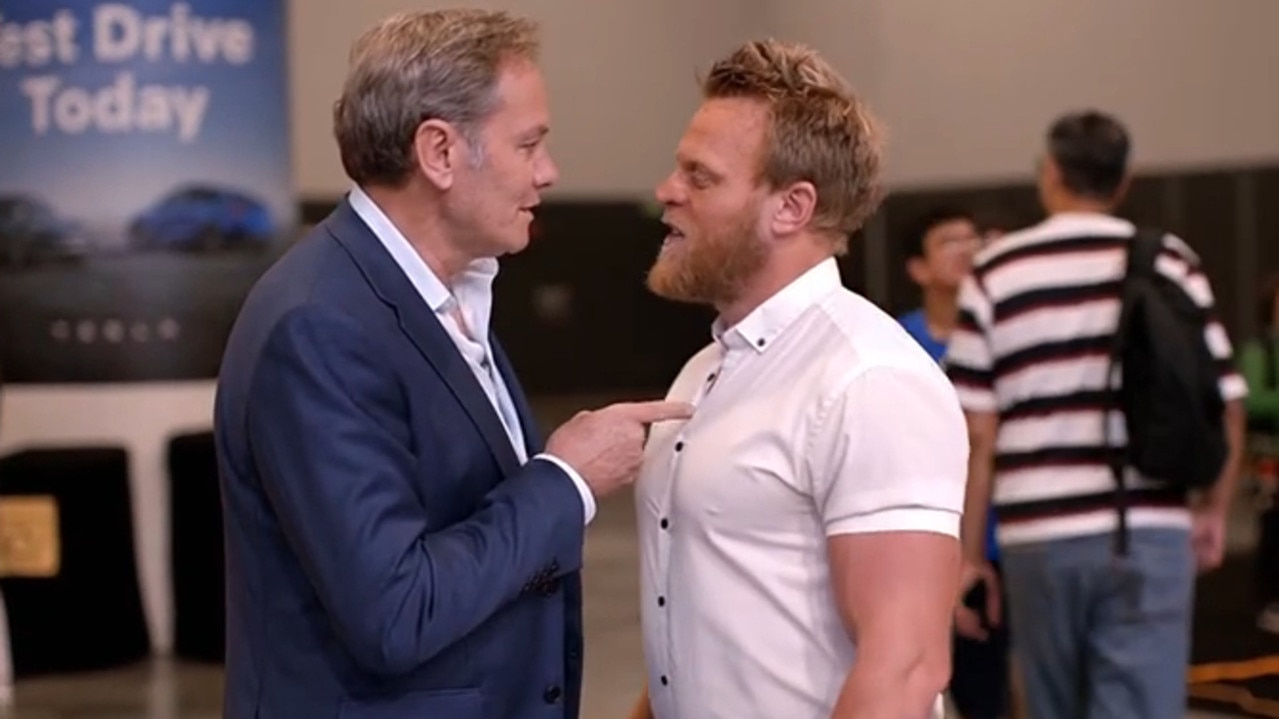Virtual reality helps drivers overcome psychological trauma
An innovative new virtual reality program is helping drivers overcome psychological trauma after car accidents.

An innovative new virtual reality program has launched in Australia with the hopes of helping those overcome psychological trauma after car accidents.
The initiative was launched after insurance giant Allianz noticed a staggering number of psychological injury claims from motor accidents, a 61 per cent growth since 2020.
According to Allianz’s Compulsory Third Party (CTP) data, over a third (38 per cent) of open claims in 2024 have involved some form of psychological injury after a motor accident.
MORE: 2024 Car of the Year revealed
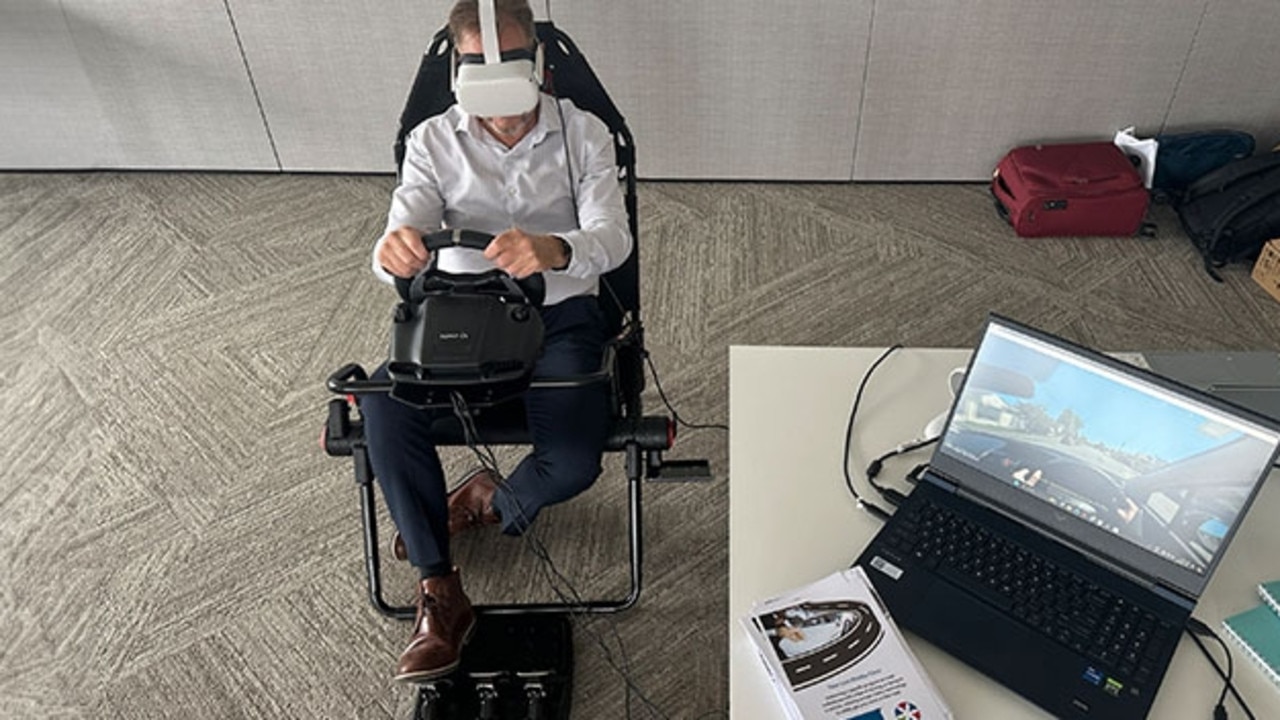
Further, of all Allianz CTP psychological injury related claims reported over the past four years, the most common injuries are anxiety/depression-related (41 per cent), followed by acute stress (23 per cent), post-traumatic stress disorder (22 per cent) and nervous shock (7 per cent).
Of all Allianz’s CTP psychological injury related claims over the past four years, the most common injuries included anxiety and depression (41 per cent), acute stress (21 per cent) and post-traumatic stress disorder (22 per cent).
MORE: End of an era for V8 icon
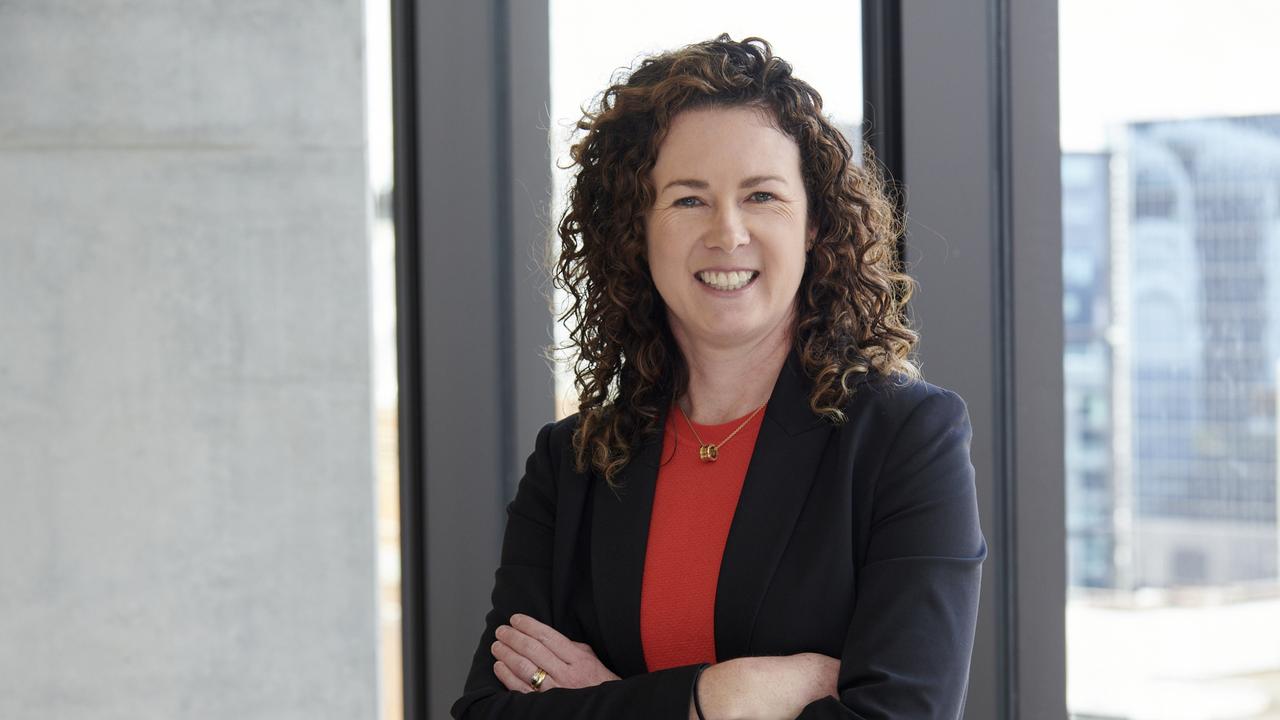
In response to the data, Allianz has partnered with Sydney Phobia Clinic to offer an innovative therapy program that uses VR to stimulate real world scenarios.
Allianz general manager of strategic delivery and innovation Thea Hobbins said the new program focuses on helping motorists overcome mental challenges and encourages them to get back behind the wheel.
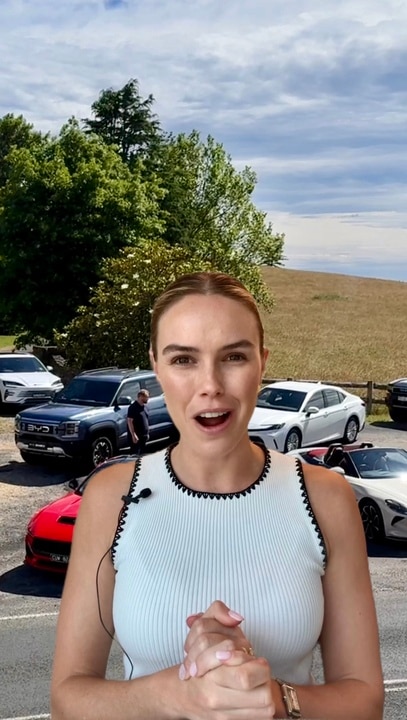
“Our new program seeks to directly address the various factors contributing to driving phobias through an innovative therapy experience, and most importantly, offer support to our customers to overcome the biggest barrier of all – mental health.” she said.
A pilot study with 100 participants showed promising results, with a majority reporting of improvements in confidence and mental wellbeing.
MORE: Major EV brands fail human rights
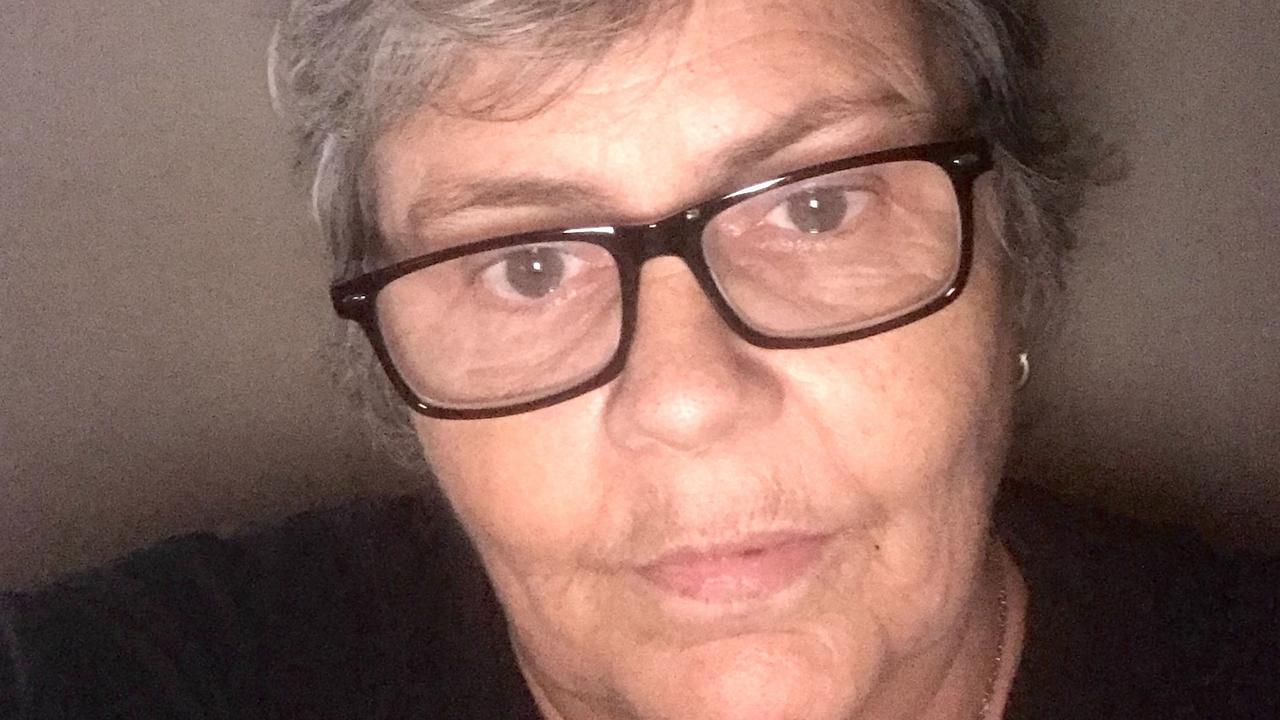
Newcastle driver Kim, 62, said the program has transformed her recovery after a traumatic accident where she was rear ended and car rolled and collided with a tree.
“The therapy sessions helped me tremendously with the PTSD I was suffering following the accident, and the psychologists at Sydney Phobia Clinic were incredibly supportive, with positive encouragement rather than pressure.” she said.
“After just a few sessions I made great progress and I’ve since managed to get back behind the wheel and back to doing the things I love.”
Sydney Phobia Clinic principal psychologist Dr Corrie Ackland said the impacts of VR can be highly beneficial to those struggling with psychological trauma.
“The innovative therapy immerses patients in realistic driving scenarios in a controlled, safe environment, allowing them to confront and gradually overcome their fears.” she said.
“By simulating various driving conditions, we help patients rebuild their driving skills and reduce anxiety, ultimately empowering them to return to everyday life with renewed assurance.”
The program will now operate across New South Wales, with plans to extend access to rural and regional areas via a smartphone platform.



